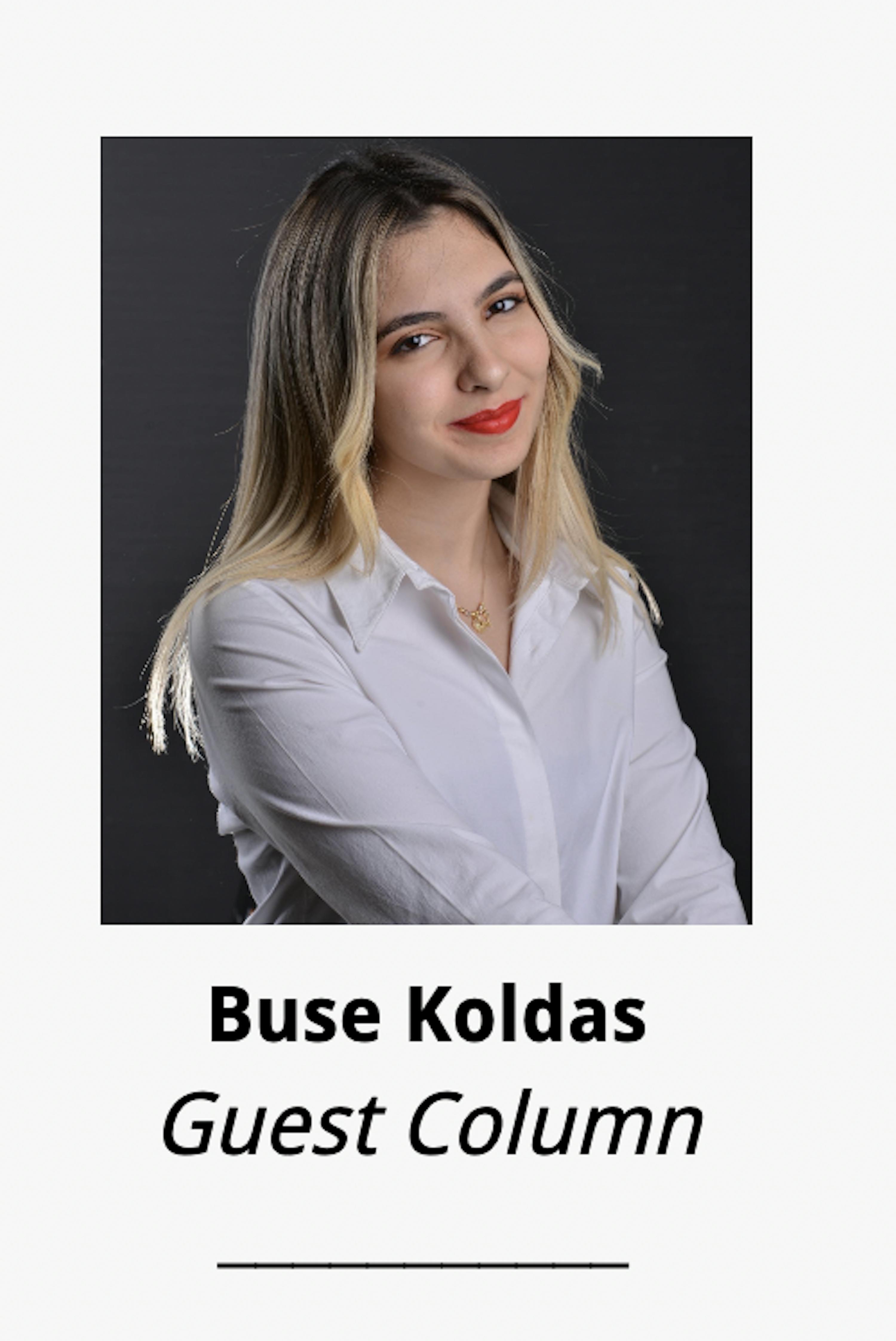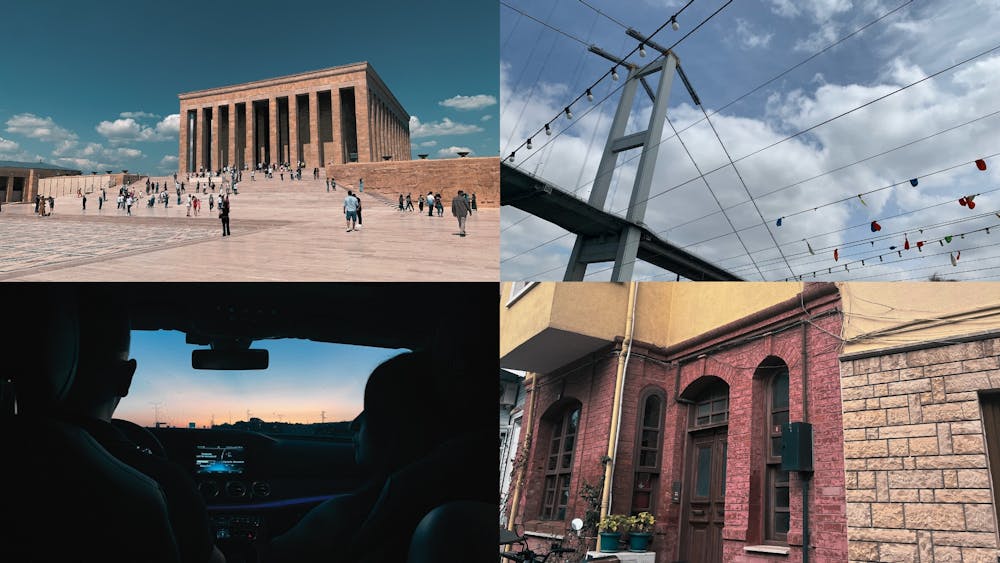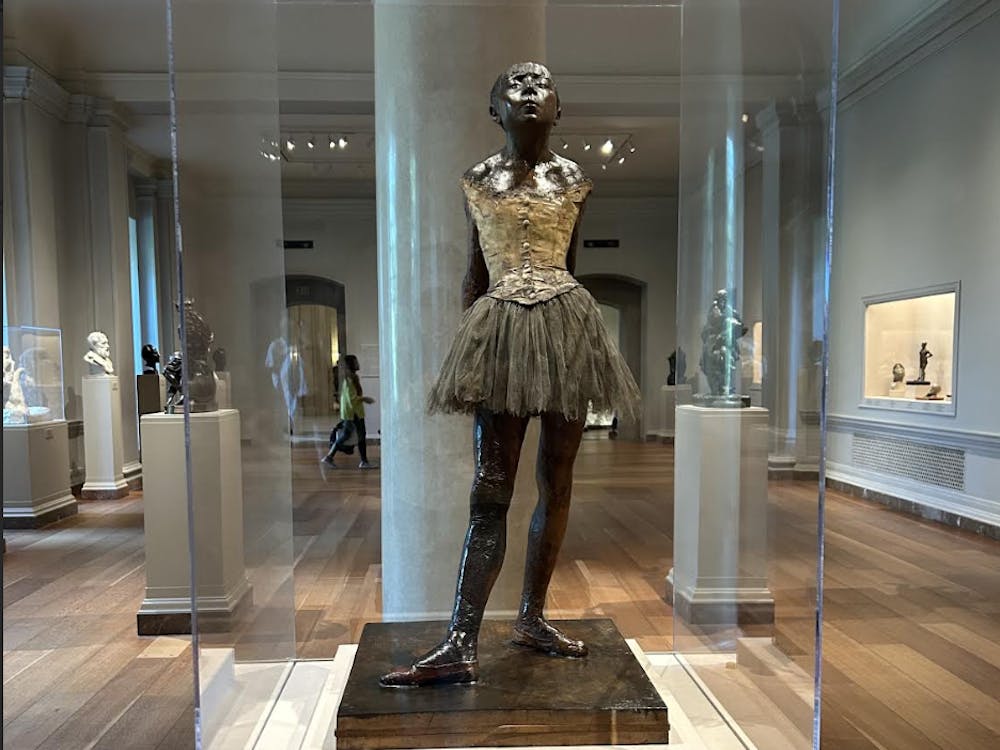
When I was flying to Baltimore for the first time, back in August, I promised myself I wouldn’t let being an international student prevent me from joining social circles. I’ve indeed kept my promise by finding a way of fitting in, and I managed to embrace my Turkish identity while doing so.
My anxiety about attending college abroad didn’t fully sink in until my first meeting with my First-Year Mentor group. The way that expressions on people’s faces changed once I started talking made me feel uneasy. I panicked and briefly stuttered mid-question, worried that their expressions had shifted because of my English.
Was I not speaking as fluently as I believed I was? Was it about my accent? Honestly, I didn’t even know I had one until I started at Hopkins. People would tell me they couldn’t understand what I said because of it, or that I had the “typical Turkish accent.” What even is that? And how does everybody know what it is except for me, the only Turkish person in the room? I even searched “Turkish accent example” on YouTube once, hoping to discover how I sound to others, and I’m still lost.
No matter how insecure I felt from time to time, I had a promise to uphold, so I never held the Turkish in me back. Starting the first day I came here, I built a whole new identity around it: the Turkish delight girl. I wouldn’t have met my closest friends if I felt too shy to text the AMR II group chat and ask if anyone wanted to taste some Turkish treats. Following that day, I continued to receive messages from the people in my class, asking if they could stop by later to get Turkish delights. People kept coming up to my roommate, exclaiming, “Wait, you are roommates with the Turkish delight girl?” whenever she mentioned my name.
The Turk in me was there in whatever I did. When we were asked to give fun facts about ourselves as part of icebreakers, or when I was planning my campaign for freshman class president, or even when I was writing an opinion piece on Trump’s indictment for The News-Letter, everything kept circling back to the fact that I was coming from somewhere different.
I should be honest here: I loved the attention. People interested in politics or economics would come up to me to start a conversation on Erdogan’s policies or how bad the Turkish economy was or that my country had the most interesting history with the Ottoman Empire. I was called a “westernized Turkish woman,” found myself in several friendly exchanges because people jokingly mispronounced my name as “Bussy” and received compliments because, in spite of being international, I knew a lot about American pop culture, trends and humor.
Despite enjoying the banter and attention driven by my background, eventually, anxiety hit me again. Would I still be interesting to people if I weren’t Turkish? What made me different from others, other than being international? What if people were talking behind my back, saying that all I talk about is Turkey?
These sentiments were killing me, and I desperately searched for something that made me who I was. Something that had no relevance to me being Turkish. I can’t lie; I still don’t have a definitive answer in mind, and I guess I need to accept that my cultural background is the main thing that makes me Buse (pronounced “boo-say”).
Even so, I’ve come to the conclusion that if I hadn’t lived in Turkey for 19 years and instead grew up in some U.S. state like California or Texas, then that would be my identity and what makes me different. I have to be fine with this. At the end of the day, I have no choice. I can change neither where I come from nor the reality that I am who I am because of the country I have lived in since I was born. My Turkish roots are a crucial, irreplaceable part of my character. Likely (and hopefully), it is not the only quality that makes me different, even though I’m not sure what else I could count yet.
Maybe my dedication to writing and journalism could be one, but doesn’t my passion for these stem from my frustration toward censorship and political imprisonment cases in Turkish journalism? My fascination for rock music, especially the Scorpions and Muse — could I count that? Weren’t Zakkum and Cem Karaca the ones that introduced me to this genre, though? How about one of my favorite hobbies, cooking? Yet didn’t I learn how to cook while preparing kisir and yaprak sarma for my family with my grandma?
Ultimately, I’ve realized I need to give myself the space to view my journey in the U.S. as a way of rediscovering myself. This is my first time living outside of Turkey, so I suppose it is understandable and expected that the identity I embraced there will be what I’m going to hold onto for a while, though it will not be the case forever.
If someone disagrees with this and thinks I would be nothing if I weren’t Turkish, they are free to not be my friend, and I am free to not share my delicious, rose-flavored Turkish delights with them.
Buse Koldas is a freshman from Istanbul, Turkey studying Chemical and Biomolecular Engineering.





